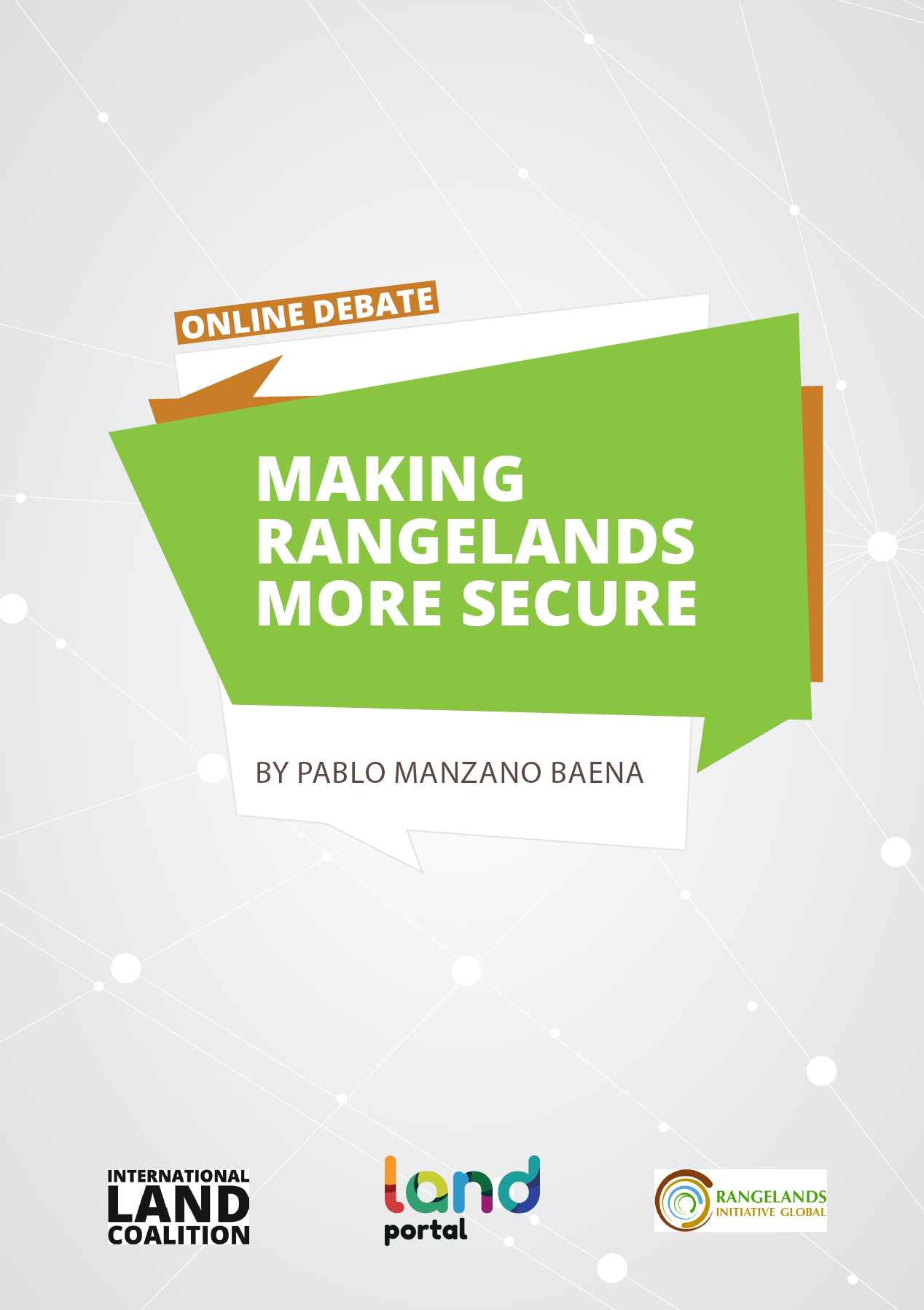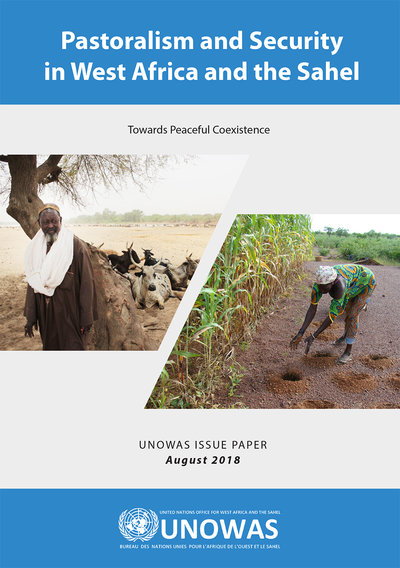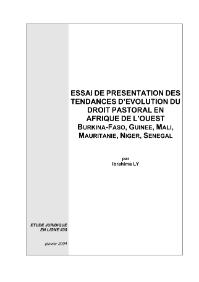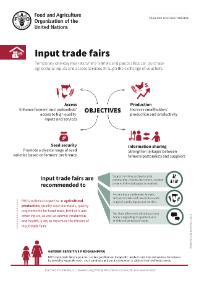ILC Rangelands Initiative–Global component
Management matters: Testing a mitigation strategy for nitrous oxide emissions using legumes on intensively managed grassland
Guide for training of pastoralists (women) in Borana Zone, Oromia Region, Ethiopia on good milk production, handling and processing practices and prevention of the transmission of milk-borne zoonotic diseases
Managing rangelands: promoting and establishing sand dune fixing species: Stipagrostis pungens (Desf.) De Winter: a xerophytic quicksand- and dune-fixing species adapted to sandy deserts
Stipagrostis pungens is a perennial grass species which belongs to the Poaceae family. It is usually found with several erect culms, grows up to 1.5 m in height, and forms substantial tufts. It is a tall stiff glabrous grass with pungent leaves, and a C4 grass with sclerophyllous, spine-tipped, inrolled leaves, with sunken stomata.
Coupling land-use change and hydrologic models for quantification of catchment ecosystem services
Representation of land-use and hydrologic interactions in respective models has traditionally been problematic. The use of static land-use in most hydrologic models or that of the use of simple hydrologic proxies in land-use change models call for more integrated approaches.
Coupling land-use change and hydrologic models for quantification of catchment ecosystem services
Representation of land-use and hydrologic interactions in respective models has traditionally been problematic. The use of static land-use in most hydrologic models or that of the use of simple hydrologic proxies in land-use change models call for more integrated approaches.
Using biotechnology-led approaches to uplift cereal and food legume yields in dryland environments
Making Rangelands More Secure
The topic of how best to make rangelands secure for local rangeland users is one of ongoing debates.
Pastoralism and Security in West Africa and the Sahel
Why this study?
Recent years have witnessed an increase in violent conflicts involving pastoralists in parts of West Africa and the Sahel. They often take the form of clashes between herders and farmers, impacting human, national and regional security.
Essai de présentation des tendances d’évolution du droit pastoral en Afrique de l’Ouest
La présente étude est un e tentative de présentation des tendances d’évolution en Afrique de l’Ouest du droit pastoral en général, et des législations pastorales en part i culier.
Input trade fairs
This infographic is the third of a series of six infographics on "FAO cash & voucher toolbox". It presents the definition, key objectives, main reasons for use and FAO technical expertise on input trade fairs.






